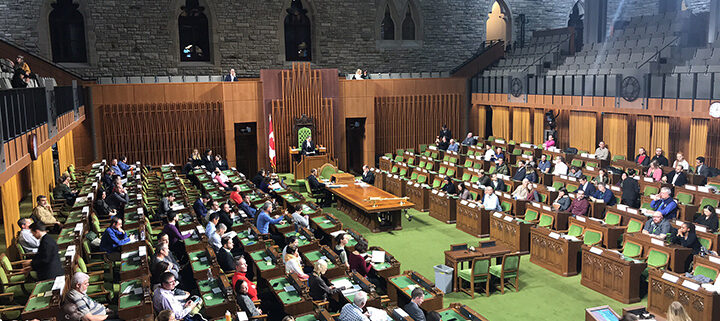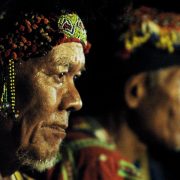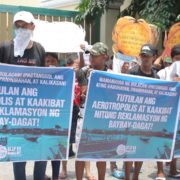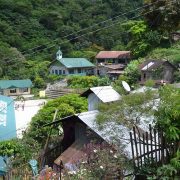Canadian parliament asked to probe role of mining companies in PH killings
MANILA, Philippines—The Canadian government is being asked to look into the role of Canadian mining corporations in the extrajudicial killings of environmental and human rights defenders in the Philippines.
Member of Parliament of Edmonton Strathcona Heather McPherson filed a petition in the Canadian House of Commons on Thursday, Feb. 25, accusing Canadian mining companies of being “irresponsible” in the Philippines and elsewhere in the world.
“Canadian mining companies are perpetrating quite incredibly serious human rights abuses and environmental degradation,” most of them against indigenous populations in the Philippines and other countries, McPherson said in a press conference after the filing.
In her petition, McPherson called out the Ombudsperson created by the Canadian government in 2018 to look into the reported human rights abuses.
“With no ability to compel testimony from witnesses, with no independence… and with no investigations conducted into the abuses, the Ombudsperson, despite the mandate and a budget, is just a figurehead,” McPherson said.
‘Canada is implicated’
The parliamentary petition was based on a signature campaign started last year by MiningWatch Canada and the International Coalition for Human Rights in the Philippines (ICHRP-Canada) that gathered a thousand signatures from concerned Canadians.
“Canada is implicated in the rights abuses through its security assistance to the Philippines and the role that Canadian mining companies play in the country,” MiningWatch Canada and ICHRP-Canada said.
MiningWatch Canada’s Catherine Coumans in a press conference after the filing said that in 2019, over half of all reported killings of rights defenders occurred in just two countries, the Philippines and Colombia.
“Mining was the deadliest sector with 50 defenders killed in 2019, Coumans said, citing data from international human rights organization Global Witness.
Coumans added the Canadian government must look into the operations of Canadian mining corporations in the Philippines as they function in a context of gross violation of extrajudicial killings, repression and human rights violations.
“At times, Canadian mining companies benefit from this context of oppression and impunity,” Coumans said.
OceanaGold in Nueva Vizcaya
Coumons cited OceanaGold operating in Nueva Vizcaya province she said stands accused of both human rights violations and of having degraded the environment – contaminating and depleting water resources around its copper-gold mine.
“OceanaGold faces strong and persistent opposition by local indigenous people in the village of Didipio, who are supported by their mayor and governor, as well as by provincial and national organizations,” she said.
Coumans added that many locals and their supporters abroad who are opposed to OceanaGold’s operations had been associated with the New People’s Army, including herself.
Coumans also recalled the villagers had been violently dispersed, beaten and arrested for blockading the mine site when OceanaGold’s 25-year mining permit expired in June 2019.
ICHRP Canada’s Bern Jagunos for her part criticized the Canadian government’s role on the human rights situation in the Philippines.
Jagunos said the Canadian government declines to speak publicly against the extrajudicial killings in the Philippines, in violation of its own guidelines on supporting human rights defenders especially those who are in grave danger.
“Our organization, ICHRP Canada, has repeatedly requested the Canadian embassy in Manila to meet with defenders who are red-tagged and getting death threats, to visit political prisoners and indigenous communities under attack for their resistance to mining. These are among the tools of intervention in the government’s guidelines to support human rights defenders. Such requests have been ignored.],” Jagunos said.
Jagunos also condemned Canada’s continuing support through trainings of the Philippine military she accused of perpetrating human rights violations.
“ICHRP is calling on the Canadian government to review its relations and programs in the Philippines and to apply human rights criteria in making decisions on funding, bilateral relations and cooperation programs with the Philippine government,” she said. # (Raymund B. Villanueva)







